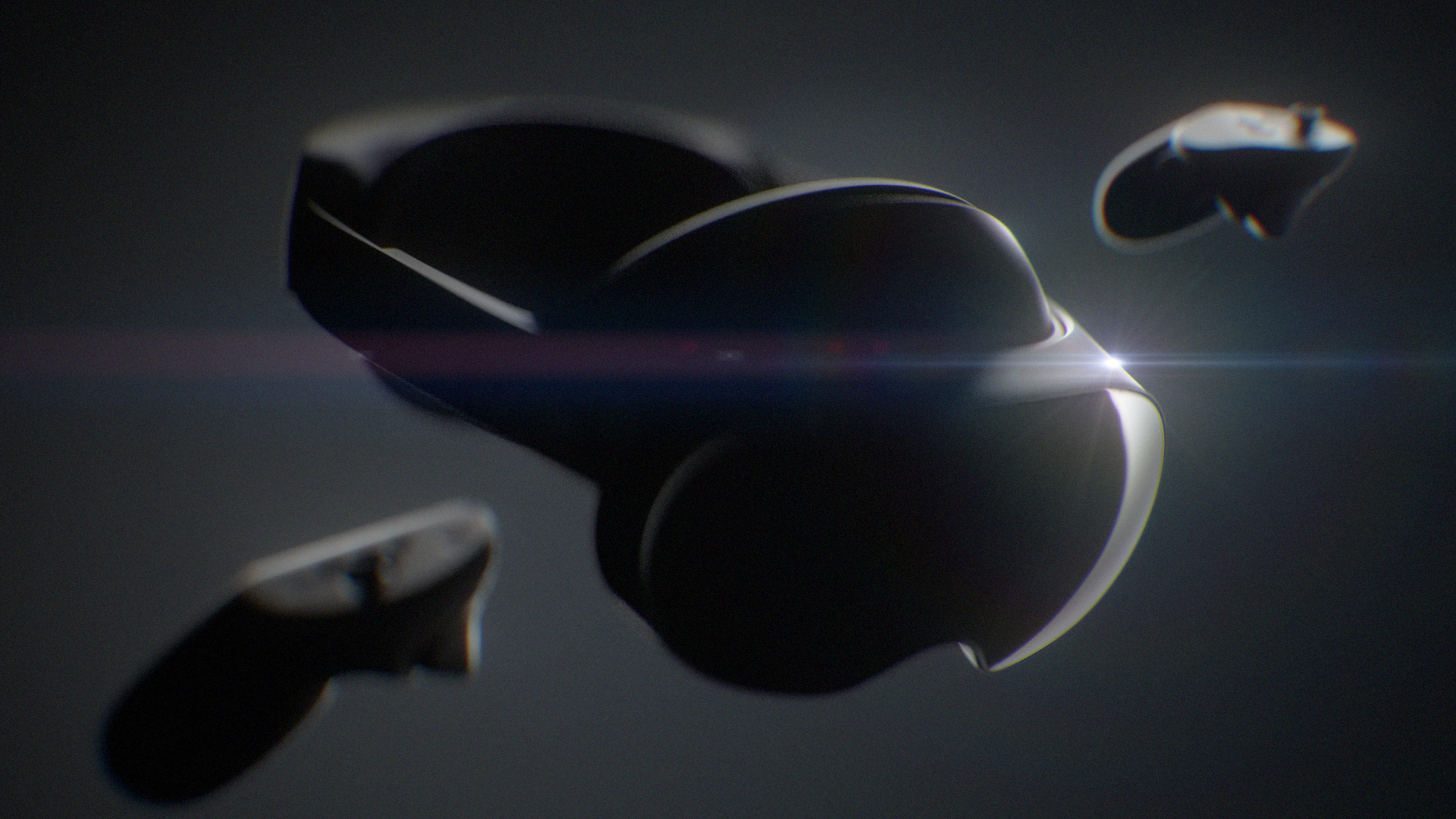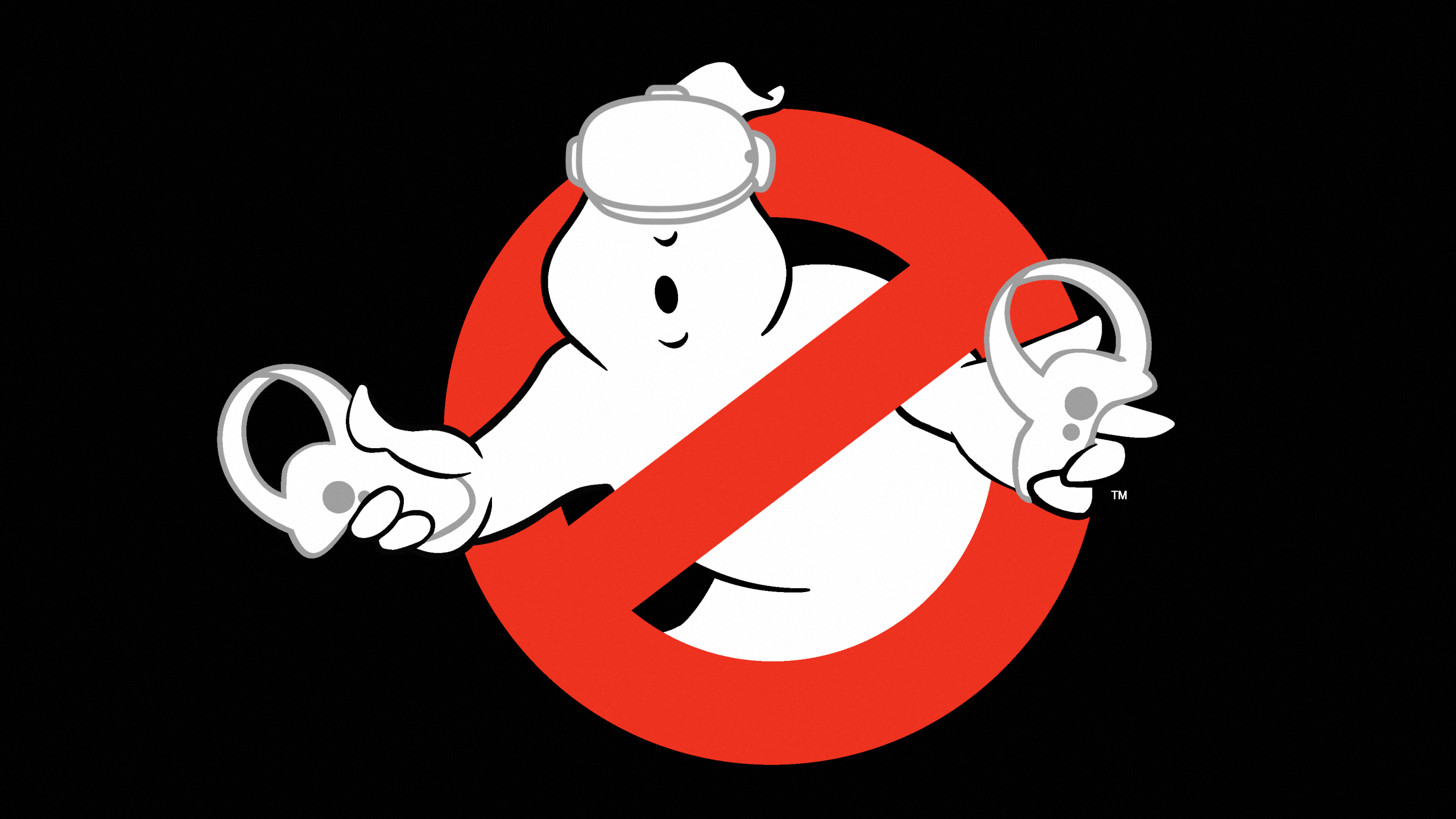Meta's Project Cambria won't make working in the metaverse enjoyable
Who actually wants to work in the metaverse?

Recent leaks and official statements from Meta’s CEO Mark Zuckerberg all but guarantee that its next VR headset (codenamed Project Cambria) will be a work-focused device.
This follow-up to the hugely popular Meta Quest 2 won’t completely ignore VR gaming but the fun will seemingly take a backseat while Meta uses Cambria to show it means business.
Using Horizon Workrooms – the office-like metaverse space Meta has created – teams will use Cambria to meet up digitally and discuss ideas just as they would in a real-life office. To help make these interactions feel more realistic, the new hardware will be able to track a user’s facial expressions in real-time and relay them through a VR avatar.
However, this push towards work instead of play feels like it will be another misstep in Meta’s steadily growing list of wrong turns (following its ridiculous rebrand and poorly planned Foo Fighters concert).
And that comes from someone who is the perfect target for what Project Cambria has to offer.
Entering the uncanny valley
For one thing, I love VR. I find the immersive experience unlike anything else in gaming; every time I have friends or family over I get them to give it a whirl. As I’ve previously written about, I also can’t get enough of VR multiplayer – the online interaction it offers is so much more enjoyable than a Discord hangout.
For another, I’m a remote worker. Most workdays I’m sat in the solitary confinement of my home office – only interacting with my fellow TechRadar writers over Slack or video meetings.
Get daily insight, inspiration and deals in your inbox
Sign up for breaking news, reviews, opinion, top tech deals, and more.
I’ve been to the office a sum total of twice, so I’ll admit that the idea of visiting it digitally has me intrigued.
Yet, despite Cambria feeling like it's designed for me, I can't shake the feeling that the headset isn't yet up to the task of what Meta’s planning for it.

Last October Meta (then Facebook) held its Connect 2021 event where Zuckerberg and his colleagues made a case for the Metaverse future they had planned for us – every aspect of our lives would be augmented by the mixed reality devices.
Depending on who you are it was either inspiring or gloom-inducing.
One element we couldn’t help but be frightened by was the brief showcase of where Meta’s tech is right now. In particular, its life-like avatars and how Meta can use face tracking to bring them to life.
When this segment came on I missed the explanation that these weren’t real humans talking to us; so for a few seconds, I thought we were still being hosted by actual people. As the event continued, an unsettling feeling crept through me as I slowly noticed the inhuman elements that gave away our hosts’ artificial nature.
Even though the avatar’s emotions were lifted straight from an actual human’s face and portrayed by a near-exact replica of that person, the not-quite-life-like depiction was firmly stuck in the uncanny valley – a phenomenon where the more human something pretends to be the more creepy it becomes.
Based on what Zuckerberg has let slip about Project Cambria it sounds like the headset will start to incorporate these features. But if the performance isn’t significantly better than what’s come before, then I can’t see anyone wanting to work in an office surrounded by creepypasta antagonists.
I’d rather work alone
For Meta to encourage offices to adopt the new digital platform it needs to offer something better than what’s out there currently, and based on what we’ve seen so far, I’d rather stick with the status quo.
Sure, it's not as interactive as working in a virtual office would be, but at least I wouldn’t be creeped out by any off-human visages every time I want to talk to someone.
Plus, Meta’s business-focused headset has other factors to contend with. Costs for everyone are on the rise and some companies already had to shell out on equipment in recent years so their staff could function from home during Covid-19 lockdowns.
Throw in the reports that many businesses are keen to return to an in-person working environment and I find it hard to believe that Cambria will be the hit Meta believes it could be.
Instead, Meta would be smart to keep on the gaming train for a while longer.

For one thing, its avatars could get away with looking less professional and life-like in its virtual spaces if they aren’t so business-focused. This would help them return from the depths of the uncanny valley while Meta further develops the feature in an attempt to finally jump over it.
For another, there are some truly awesome games planned for Meta’s platform including Ghostbusters VR and GTA San Andreas VR. The souped-up Project Cambria is almost guaranteed to be the best way to enjoy these games, so many loyal fans may be willing to take the plunge and pay up – just as we see with cross-generational games on other platforms.
However, it’s probably too late for Project Cambria. It’s dropping later this year so its specs have likely already been locked in.
And while its leaked price tag of $799 (around £640 / AU$1,125) isn’t the most we’ve seen for VR hardware (the Valve Index still has it beat) cash-strapped gamers may be unwilling to pay that price for what is still something of a novelty.
We’ll have to wait and see how the world reacts to Project Cambria when it’s properly announced, but we wouldn’t be surprised if people stick with the Quest 2 until something like the Meta Quest 3 rolls around.

Hamish is a Senior Staff Writer for TechRadar and you’ll see his name appearing on articles across nearly every topic on the site from smart home deals to speaker reviews to graphics card news and everything in between. He uses his broad range of knowledge to help explain the latest gadgets and if they’re a must-buy or a fad fueled by hype. Though his specialty is writing about everything going on in the world of virtual reality and augmented reality.